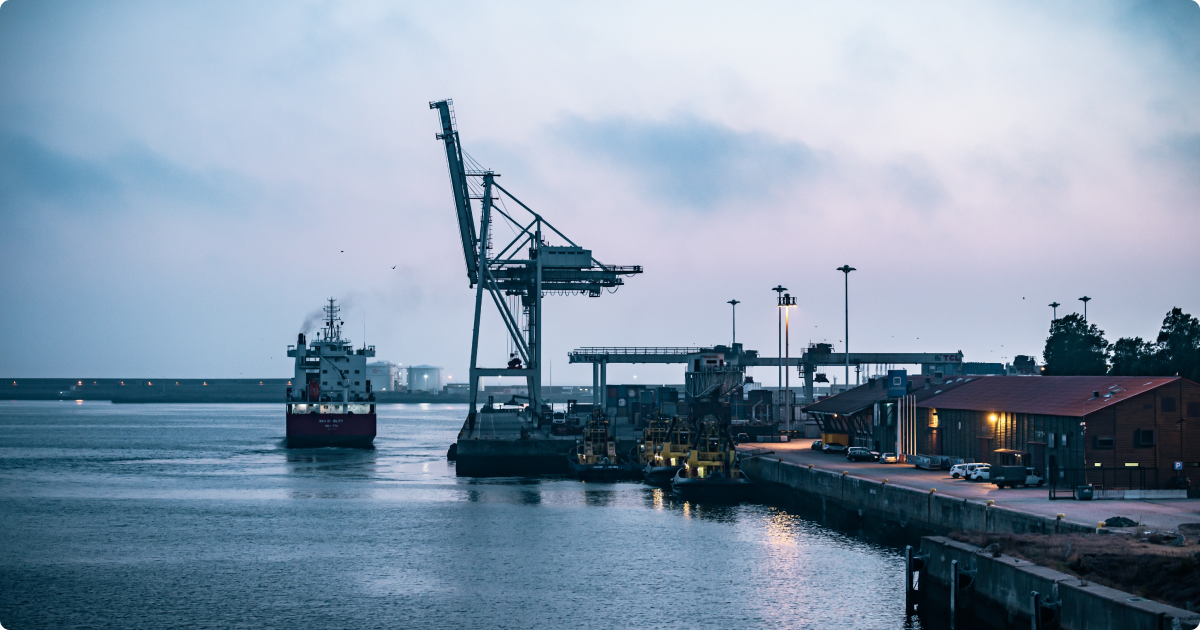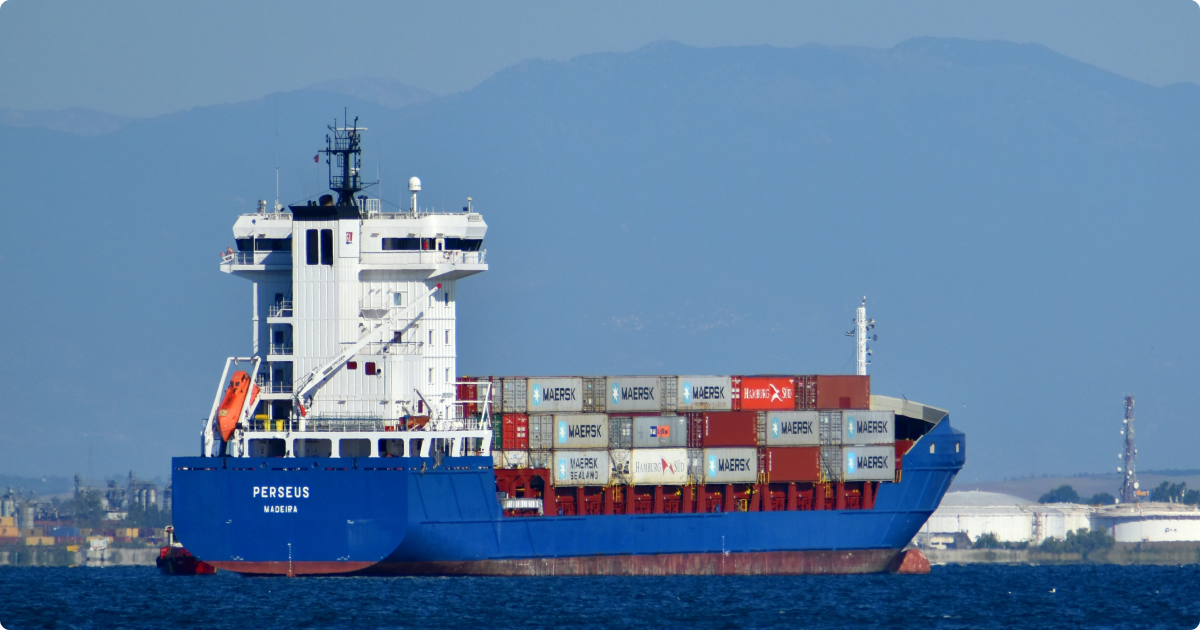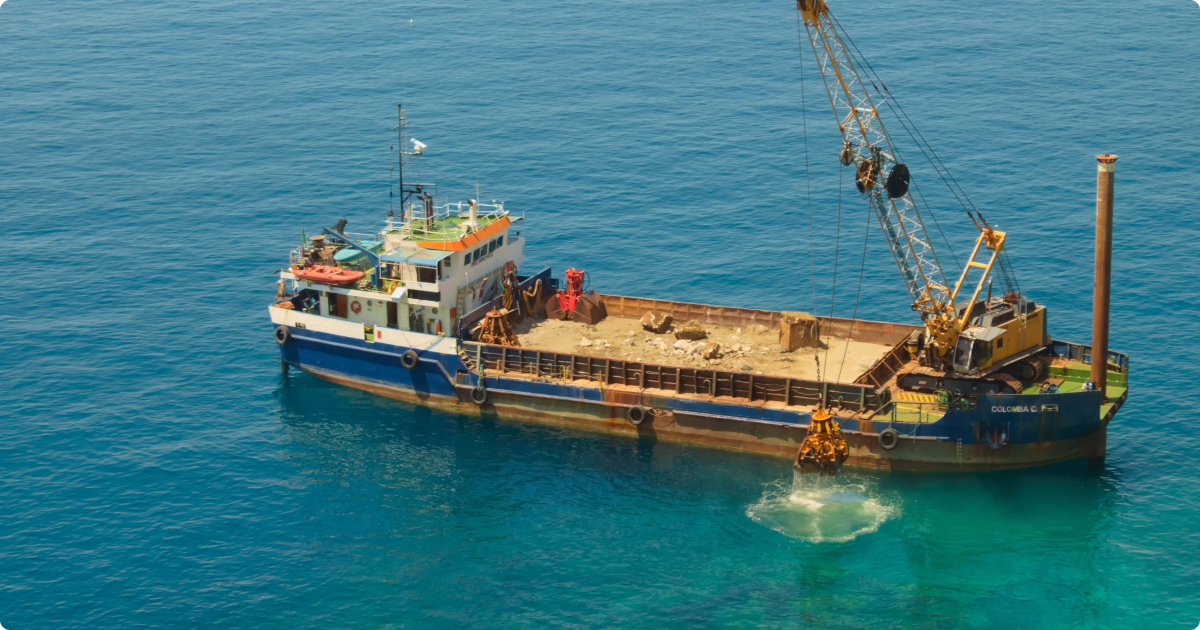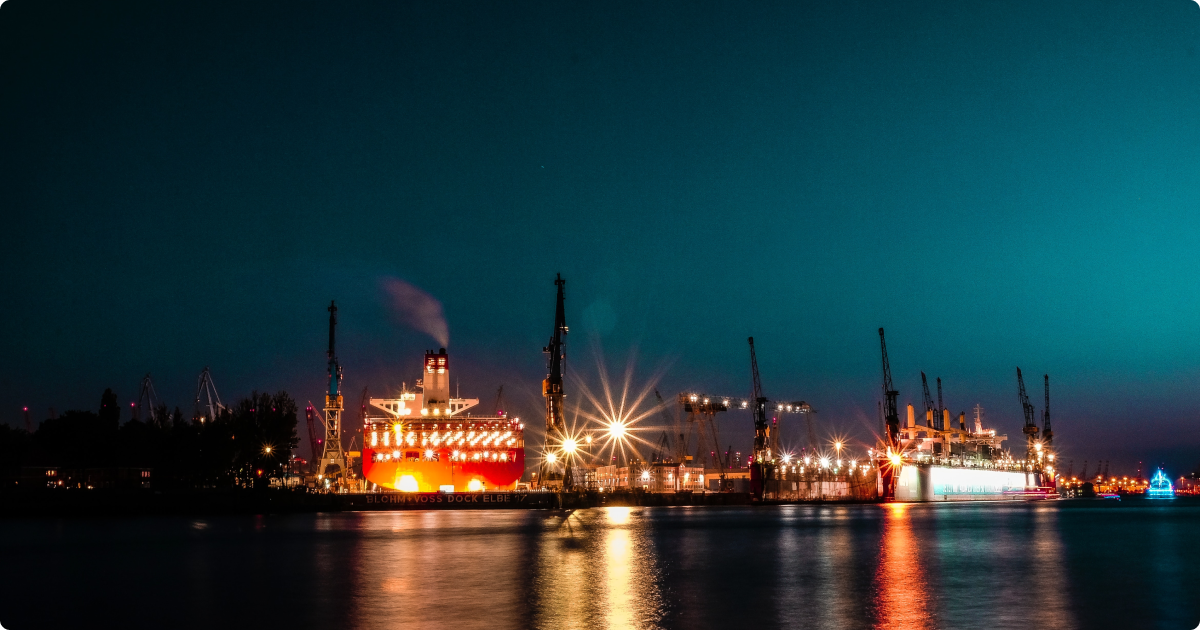Find out what is the Future of the Maritime Bunkering Industry
What is the Future of the Maritime Bunkering Industry?
The maritime bunkering industry is essential to the shipping industry, providing the necessary fuel and lubricants for ships to operate. As the world's economies continue to grow, there is an ever-increasing demand for shipping services, leading to a surge in demand for fuel. However, due to its environmental impact, the maritime bunkering industry has come under increased scrutiny in recent years. As a result, the industry is transforming, and stakeholders are looking for ways to reduce emissions and become more sustainable.

This article explores the maritime bunkering industry's future and its challenges and opportunities.
What is the Maritime Bunkering Industry?
Maritime bunkering refers to supplying fuel and lubricants to ships for their operation. The maritime bunkering industry plays a crucial role in the global shipping industry by providing the necessary fuels to power the ships transporting goods and people worldwide.
The history of bunkering can be traced back to the early days of steam-powered ships, where coal was used as the primary fuel. With the advent of diesel engines, crude oil became the primary fuel for ships, and the maritime bunkering industry evolved to provide this fuel to ships.

Bunkering involves transferring fuel from shore-based storage tanks to ship fuel tanks. This process can occur either through a pipeline or fuel delivery trucks. Bunkering can occur while the ship is in port, at anchor, or even underway.
The maritime bunkering industry has grown significantly over the years, with the increase in global trade leading to a surge in demand for shipping services. According to a report by the International Energy Agency, the maritime industry accounts for approximately 7% of global oil demand, which is expected to rise in the coming years.
The bunkering industry is highly competitive, with many players in the market. The industry includes major oil companies and independent bunkering companies specializing in providing ships with bunkering services. Bunkering prices are highly volatile and are influenced by several factors, including the price of crude oil, supply and demand, and geopolitical events.
The maritime bunkering industry has come under increased scrutiny in recent years due to its environmental impact. The industry significantly contributes to greenhouse gas emissions, with ships emitting pollutants such as sulfur oxides, nitrogen oxides, and particulate matter. To address this, the International Maritime Organization (IMO) has set targets to reduce emissions from the shipping industry, and the bunkering industry must find ways to comply with these targets.

One way that the bunkering industry is addressing this challenge is through the use of alternative fuels. LNG (liquefied natural gas) is an increasingly popular ship choice, producing lower emissions than traditional fuels. Other alternative fuels, such as biofuels, hydrogen, and ammonia, are also being developed in the shipping industry.
In addition to alternative fuels, digitalization is also set to play a significant role in the future of the maritime bunkering industry. The use of digital technologies such as blockchain and AI can help to streamline the bunkering process, making it more efficient and transparent. This will help to reduce costs and improve the customer experience.
In conclusion, the maritime bunkering industry is vital to the global shipping industry, providing the necessary fuels for ships to operate. While the industry faces challenges, including the need to reduce emissions and adapt to the increasing demand for alternative fuels, there are also many opportunities for growth and development. The industry is evolving, and stakeholders are working together to find innovative solutions to ensure the industry remains sustainable and profitable in the coming years.
The Challenges Facing the Maritime Bunkering Industry
The maritime bunkering industry faces several challenges in the coming years, requiring it to adapt and evolve. One of the most significant challenges is the increasing pressure on the industry to reduce emissions. According to the International Maritime Organization (IMO), the shipping industry accounts for approximately 2.2% of global greenhouse gas emissions, expected to rise in the coming years. To address this, the IMO has set targets to reduce emissions, and the maritime bunkering industry must find ways to comply with these targets.
Another challenge facing the industry is the increasing demand for alternative fuels. As the world becomes more focused on sustainability, there is a growing demand for cleaner fuels, such as LNG, biofuels, and hydrogen. The maritime bunkering industry will need to find ways to adapt to this new reality and provide these fuels to its customers.
The Future of the Maritime Bunkering Industry
Despite the challenges facing the maritime bunkering industry, there are many opportunities for growth and development. One of the most significant opportunities is the increasing demand for LNG as a marine fuel. LNG has several benefits over traditional fuels, including lower emissions and costs. According to a report by DNV GL, LNG could account for up to 30% of marine fuel by 2050.
Another opportunity for the maritime bunkering industry is the development of hydrogen as a marine fuel. While still in the early stages of development, hydrogen has the potential to be a game-changer for the industry. Hydrogen is a clean fuel that produces only water as a byproduct, making it a highly sustainable option. The industry must work closely with governments and other stakeholders to develop the necessary infrastructure to support hydrogen as a marine fuel.

In addition to alternative fuels, digitalization is also set to play a significant role in the future of the maritime bunkering industry. The use of digital technologies such as blockchain and AI can streamline the bunkering process, making it more efficient and transparent. This will help to reduce costs and improve the customer experience.
The Role of Regulation
Regulation will play a crucial role in shaping the future of the maritime bunkering industry. The IMO has set targets to reduce greenhouse gas emissions, and the industry must find ways to comply with these targets. Governments worldwide are also introducing regulations to promote alternative fuels, and the maritime bunkering industry will need to adapt to these new requirements.
The industry will also need to work closely with regulators to ensure that the necessary infrastructure is in place to support alternative fuels. This will require significant investment in new infrastructure and the development of new technologies.
Conclusion
The future of the maritime bunkering industry is set to be one of transformation and evolution. The industry faces significant challenges, including reducing emissions and adapting to the increasing demand for alternative fuels. However, there are also many opportunities for growth and development, including the increasing demand for LNG and the development of hydrogen as a marine fuel.
Digitalization is also set to play a significant role in the industry's future, helping to streamline the bunkering process and making it greener in the process.